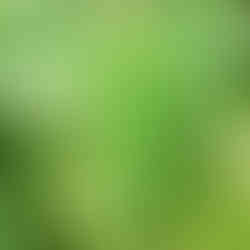The humble nettle
- wildwoodlandlearning
- Jun 18, 2020
- 2 min read
Updated: Jun 19, 2020
The humble nettle doesn't have the best reputation when it comes to plants but they are pretty fantastic and thriving with life at the moment, so, I thought I'd find out more about them and share it with you.
There are a few different kinds of nettles, Dead Nettle (purple flower and leaves), Henbit Nettle (also purple flower) and the Common or Stinging Nettle which is the one we're having a closer look at.

Nettles are fairly recognisable, we learn to watch out for them from a young age as it's wise to avoid bumping into them. The leaves are long ovals on female plants and broader, ace shapes on male plants. All leaves are have distinct serrated edges and are covered in tiny hairs. A nettle’s sting is like a needle. It’s a hollow hair which is made of silica and contains a venom, composed of histamine and other chemicals The hair is extremely brittle and it only takes the lightest of brushes to break off the point and inject its unlucky victim.
Nettles support over 40 species of invertebrates (animals with no backbone)! They are home to lots of caterpillar species such as the Small Tortoiseshell butterfly caterpillar. The nettles in Linn Park are covered with these caterpillars at the moment, they're great to watch, munching their way through the leaves.

This is a Small Tortoiseshell Butterfly, one to look out for.
Nettles support ladybirds, aphids, chaffinches, bullfinches, sparrows, hedgehogs, shrews and frogs and toads.
If you look at a patch of nettles in Spring/Summer for just a few minutes, you're sure to see a variety of life.

If you see a white foamy liquid on a nettle, it's called Cuckoo Spit. Inside the foam lives a little insect called a Froghopper or Spittlebug.
This photo shows Cuckoo Spit on a Dock plant. It is thought that if you get stung by a nettle, placing a Dock leave over the sting will sooth the sting. Whether this is actually true is unknown but the cool, moist leave is sure to bring some relief, placebo or otherwise.

For the foragers out there, teas and soups can be made with nettles, it has a similar taste to spinach. Nettle crisps are a great one to try, fry the leaves in a little coconut oil, they crisp up beautifully. If you are out picking nettles, remember to always wear gloves and check the leaves aren't home to any insects. :)
So, in short nettles are cool. The stems can even be used to make rope and ecologically friendly yarns to make clothes! Is there nothing this plant cannot do??
Love,
WILD















Comments